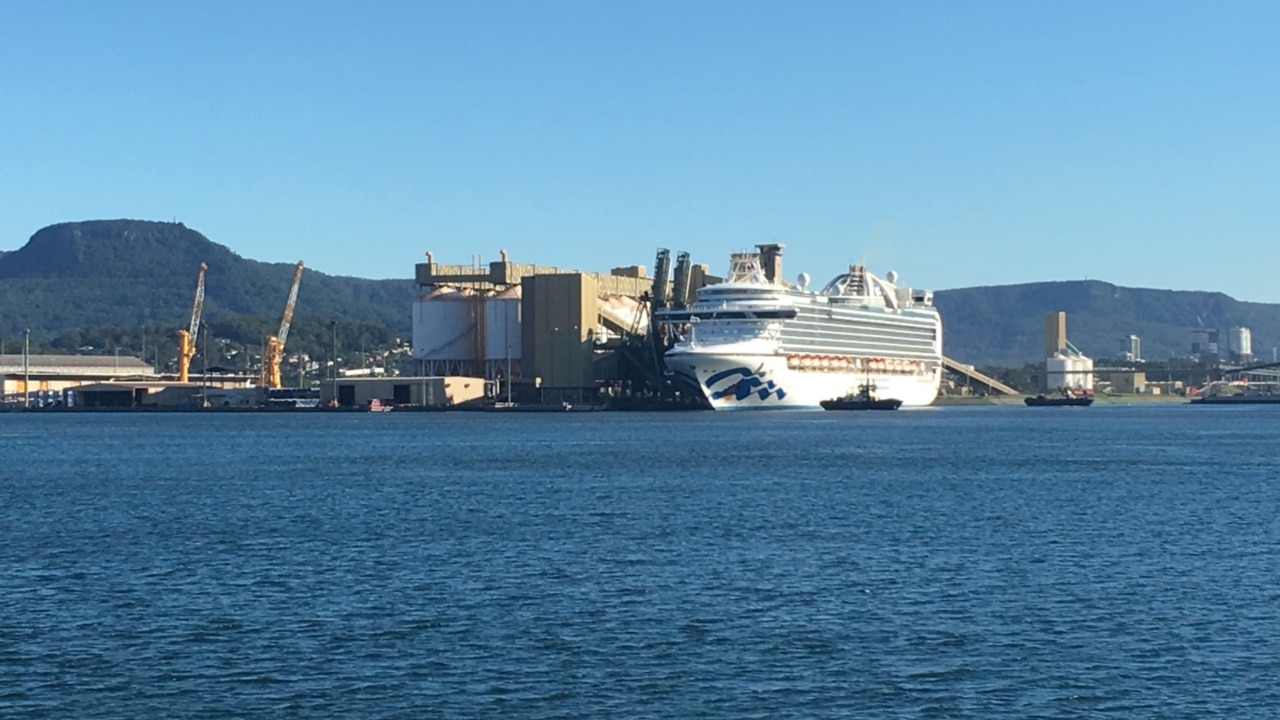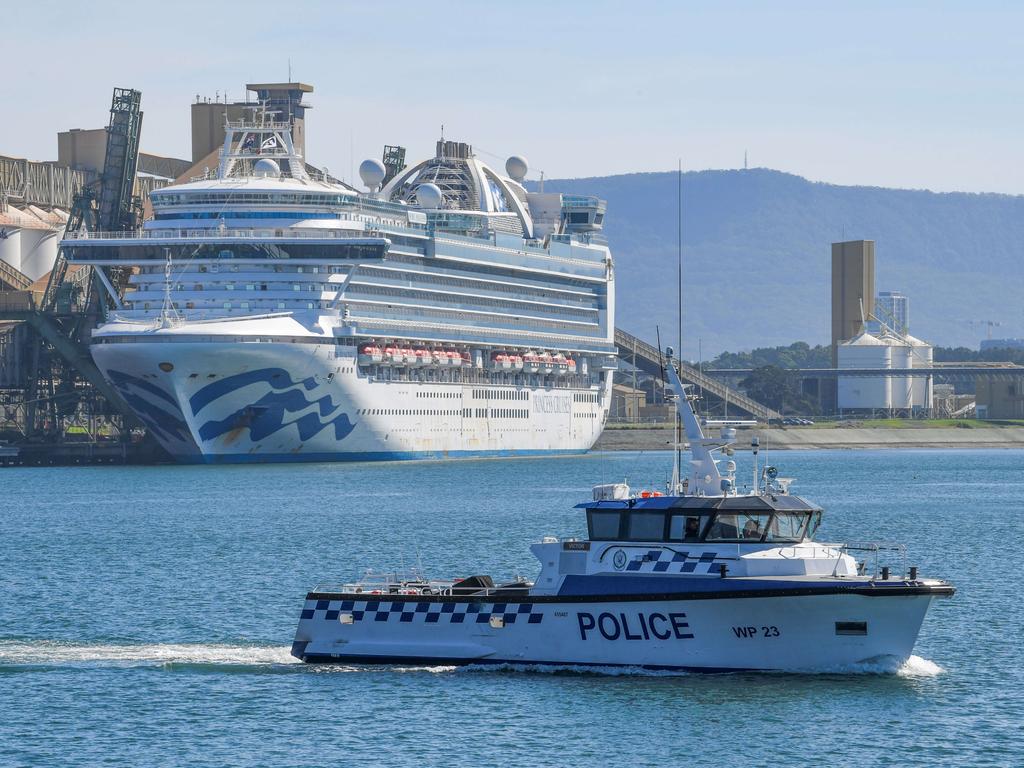New revelations about Ruby Princess disaster that led to NSW’s biggest outbreak
A new report has revealed who was to blame for the Ruby Princess tragedy that sparked NSW’s first big covid outbreak and saw 28 passengers die.

Federal biosecurity officials were unprepared to deal with the contaminated Ruby Princess cruise ship that sparked NSW’s first major covid-19 outbreak.
The Commonwealth Agriculture Department’s independent watchdog has told ABC 7.30 that the department was “poorly prepared” for what became a health crisis.
“There’s a whole series of events that led to the department and its frontline officers not being as ready as the nation needed them to be,” Inspector-General of Biosecurity Rob Delane said on Tuesday.
Almost 2700 passengers, some with cold and influenza-like symptoms, were allowed to leave the ship when it docked at Sydney’s Circular Quay in March 2020.
More than 663 passengers and crew tested positive to covid-19 and 28 passengers died in the weeks after it arrived.

A subsequent inquiry laid most of the blame for the disaster with NSW Health officials.
But a report prepared by Mr Delane found the Commonwealth had at least some responsibility for the incident.
The report found the Agriculture Department’s inspection protocols were not followed, which would have seen passengers and the ship’s medical log reviewed.
It also uncovered ongoing issues within the department, including that a 2018 audit of biosecurity for ships had not been fully implemented and was likely to have contributed to the Ruby Princess crisis.
Mr Delane told the ABC: “Frankly, if the department had done what it agreed to do, then the chances of a Ruby Princess incident happening were significantly reduced”.
Agriculture Minister David Littleproud saidhe was expecting his department to “do better”, but claimed NSW Health was still to blame for the debacle.
Brett Walker SC, who led the Special Commission of Inquiry into the Ruby Princess last year, told 7.30 there was a “real chance” state officials would not have made the mistakes they did if not for the Commonwealth.
“If the commonwealth system had been better, or if the good parts of its system had been adhered to, then it is quite likely – and I can’t say more likely than not – it’s quite likely there would not have been the really dangerous slip-up that did occur,” he said.



